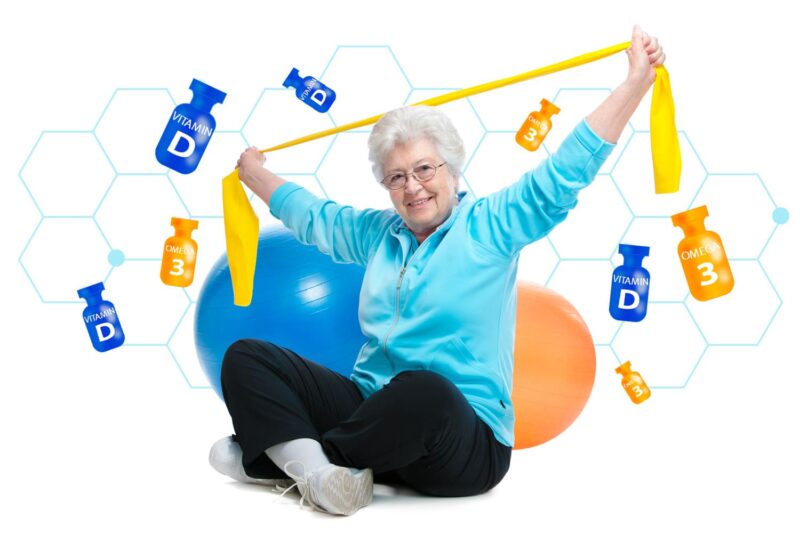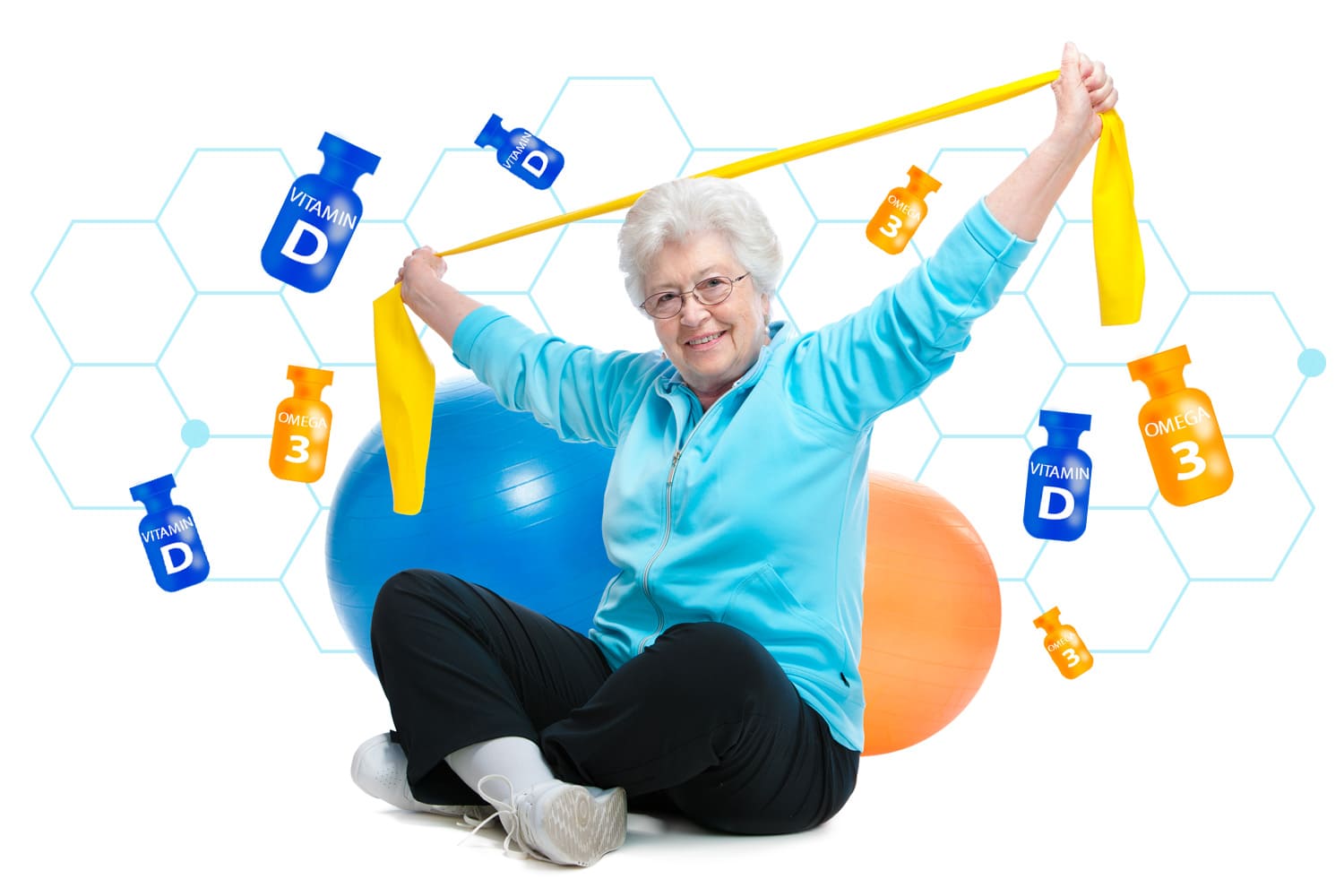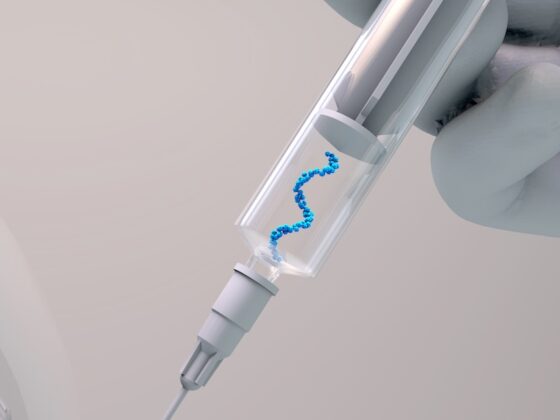The combination of high-dose vitamin D, omega-3 and a simple home strength exercise programme (SHEP) reduced the risk of healthy adults aged 70 or older developing cancer by nearly two-thirds. The study, published in Frontiers in Aging, 25 April, showed that while each of the three components provided a small benefit, beneficial effects were much greater when all three approaches were combined.
“This is the first randomized controlled trial to show that the combination daily vitamin D3, supplemental marine omega-3s, and a simple home exercise program may be effective in the prevention of invasive cancer among generally healthy and active adults aged 70 and older,” says Heike Bischoff-Ferrari, the principal investigator from University Hospital Zürich, Switzerland.
Apart from preventive recommendations, such as not smoking and sun protection and vaccination programmes, public health efforts focused on cancer prevention have been limited. Mechanistic studies have shown that all three interventions included in the current study may have preventive effects. Vitamin D inhibits the growth of cancer cells by regulating several genes responsible for cell proliferation and differentiation; omega-3 may inhibit carcinogenesis by suppression of inflammation, cell proliferation and angiogenesis; and exercise may reduce cancer risk by decreasing inflammation and improving immune function. However, few studies have explored the impact of these simple interventions, either alone or in combination.
In the DO-HEALTH study, the investigators set out to test the effects of daily high-dose vitamin D3, daily supplemental omega-3s, and a simple home exercise programme (SHEP), alone and in combination, on the risk of invasive cancer. Between December 2012 and December 2017, more than 2,100 participants, mean age 74.9 years with 25-hydroxy vitamin D levels below 20ng/ml, were randomised to one of eight treatment groups:
- vitamin D3 + omega-3s + SHEP (n=264)
- vitamin D3 + omega-3s (n= 265)
- vitamin D3 + SHEP (n=275)
- vitamin D3 alone (n=272)
- omega-3s and SHEP (n=275)
- omega-3s alone (n=269)
- SHEP alone (n=267) or
- placebo (n=270).
Doses used were 2000 IU/day of vitamin D3 and 1 g/day of marine omega-3s, with participants receiving two gel capsules, which were identical in size, appearance, taste and weight, regardless of whether they were active treatment or placebo. The simple home strength exercise programme (SHEP) involved strength exercises, while the control programme involved flexibility exercises.
Participants received a check-up phone call every three months and underwent standardised examinations of health and function at the trial centres at baseline, year one, year two, and year three. All reported cancer cases were verified by medical records. The study took place in five European countries (Switzerland, France, Germany, Austria and Portugal).
Results showed:
- For all three treatments combined, adjusted HR=0.39 (95%CI 0.18‒0.85; 4 vs 12 cases).
- For combinations of two treatments: omega-3 + vitamin D3 HR=0.53 (95%CI 0.28‒1.00; 15 vs 28 cases); vitamin D3 + SHEP, HR=0.56 (95%CI 0.30‒1.04; 11 vs 21 cases); omega-3s plus SHEP HR=0.52 (95%CI 0.28‒0.97; 12 vs 26 cases).
- For the three individual treatments, the HR for vitamin D3 alone was 0.76 (95%CI 0.44‒1.09; 36 vs 45 cases); for omega-3s it was 0.70 (95%CI 0.44‒1.09; 32 vs 49 cases); and for SHEP 0.74 (95%CI 0.48‒1.15; 35 vs 46 cases).
“These results may shape the future mindset towards a multicomponent prevention strategy of cancer. Our results, although based on multiple comparisons and requiring replication, may prove to be beneficial in reducing the burden of cancer,” write the authors. Future studies, they suggest, should verify the benefit of combined treatments in the prevention of cancer, and also extend the follow-up beyond the three years assessed in the current trial.












